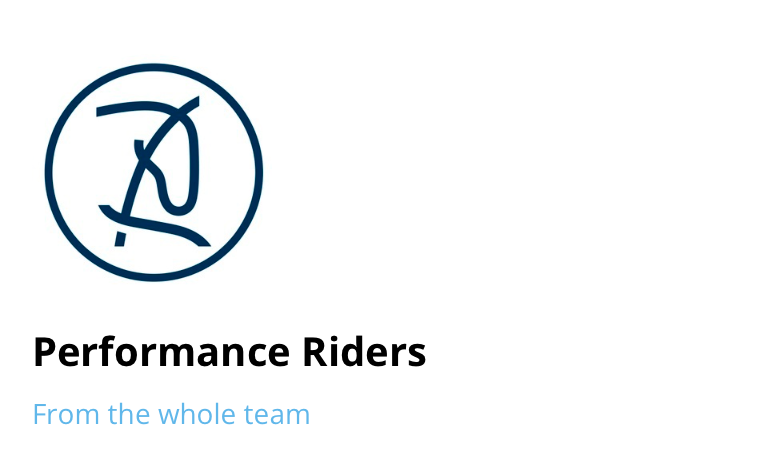Dressage Competition Mindset and Planning
Apr 26, 2022

Riders often ask how they can get in the right mindset for competing in dressage and how the best way to plan for an upcoming dressage competition. This is a great question because our minds have such power over us and our mindset can really make or break not only our performance, but our perspective of our performance and how we cope when things don’t go to plan.
When we’re talking about mindset, often the issues of nerves comes up. Riders get nervous about things they can’t control. A good example of something you can’t control is the outcome of a competition. The biggest enemy of competing well is expectation. Your horse is going well at home, but doesn't go as well at competitions. You expect a certain outcome and you’re disappointed when that doesn’t come to fruition. You have to try to re-frame how you’re thinking about competition. Expecting a certain outcome is setting yourself up for failure by focusing on something you can’t control. Rather than focusing on outcome, try to think about the process itself. Think about the movements you’re riding, the set-ups, the corners, riding each step.
Riders often fall into the trap of thinking about their friends watching. This is a total waste of your energy. That energy could be going into riding a better test! You can’t control what the spectators are doing, saying, or thinking, so put it out of your mind.
Plan and focus
All you can do is plan and ride well. In advance, walk yourself through each step of the test, focusing on really riding and replicating the good feeling you get at home. Sometimes, things don’t go well. It happens to all of us, it’s part of riding, and part of any sport. Try to not let yourself get down, and you know what, try not to let yourself get too high either! Both of these are unsustainable.
If things haven’t worked out for you in a test, take a deep breath, do what you need to do to get your head together, and work out what went wrong. Was there something you could have done differently? Perhaps in the process or in the warmup? We know it’s difficult, but you’re not doing yourself any favours being too emotional. Be intelligent and think through the process. Learn from it and put a plan in place to improve.
So what is the best way to plan for an upcoming competition?
Three week dressage competition preparation
Brett Parbery is the master of all things planning. As a Grand Prix rider who has represented Australia he knows what it takes to get a horse ready for a competition. Over the years, Brett has come up with a preparation routine that suits him and keeps his horses happy and healthy. In between the shows, it’s all about training and progression. It’s when he is concentrating on the actual training of new movements, higher levels of collection, sharper responses, all working towards progression to the next level.
- Three weeks to competition:
With a few weeks to go before the big day, Brett starts to ride lines from the tests and run through set-ups for the movements.
It’s not super repetitive, just a line here and there, getting the feel for the tests. It’s important to do this because you may not naturally ride the lines that are in the tests.
Brett has all the dressage tests on the wall of my arena so I can refer to them when I’m on a horse.
- Two weeks to competition:
This is when Brett introduces the half passes. He tens to steer clear of them at other times as he thinks they’re quite hard on the horses’ legs.
Brett then starts to ride more of the transitions that are needed in the test.
- One week to competition:
This is the first time Brett rides through the test as ‘working’ tests. What he mean by that, is that he keeps training the horse and correcting mistakes. So if something goes wrong, he can go back and correct it.
You definitely don’t want to overdo the riding of the whole test. It doesn’t take long for the horses to remember and start anticipating.
- D-Day competition time:
For the big shows that span a few days, it is essential to set up camp there but Brett doesn't like to hang around too long. The horses are better off at home, in their paddocks.
Remember if you are travelling a long distance, try to schedule a stop to get the horses off the float and grazing with their heads down. Avoid travelling in extreme heat.
For the young horses, Brett arrive so he has two training days with them at the venue. For the experienced horses, he allows for just one training day.
After competing think about all the steps you took in preparation and think about what when wrong, what didn’t work and how you can adjust your plan for next time. This can be for anything! From floating, schedules, training, anything and everything. We hope this helps give you some ideas on how you can prepare for an upcoming competition.

